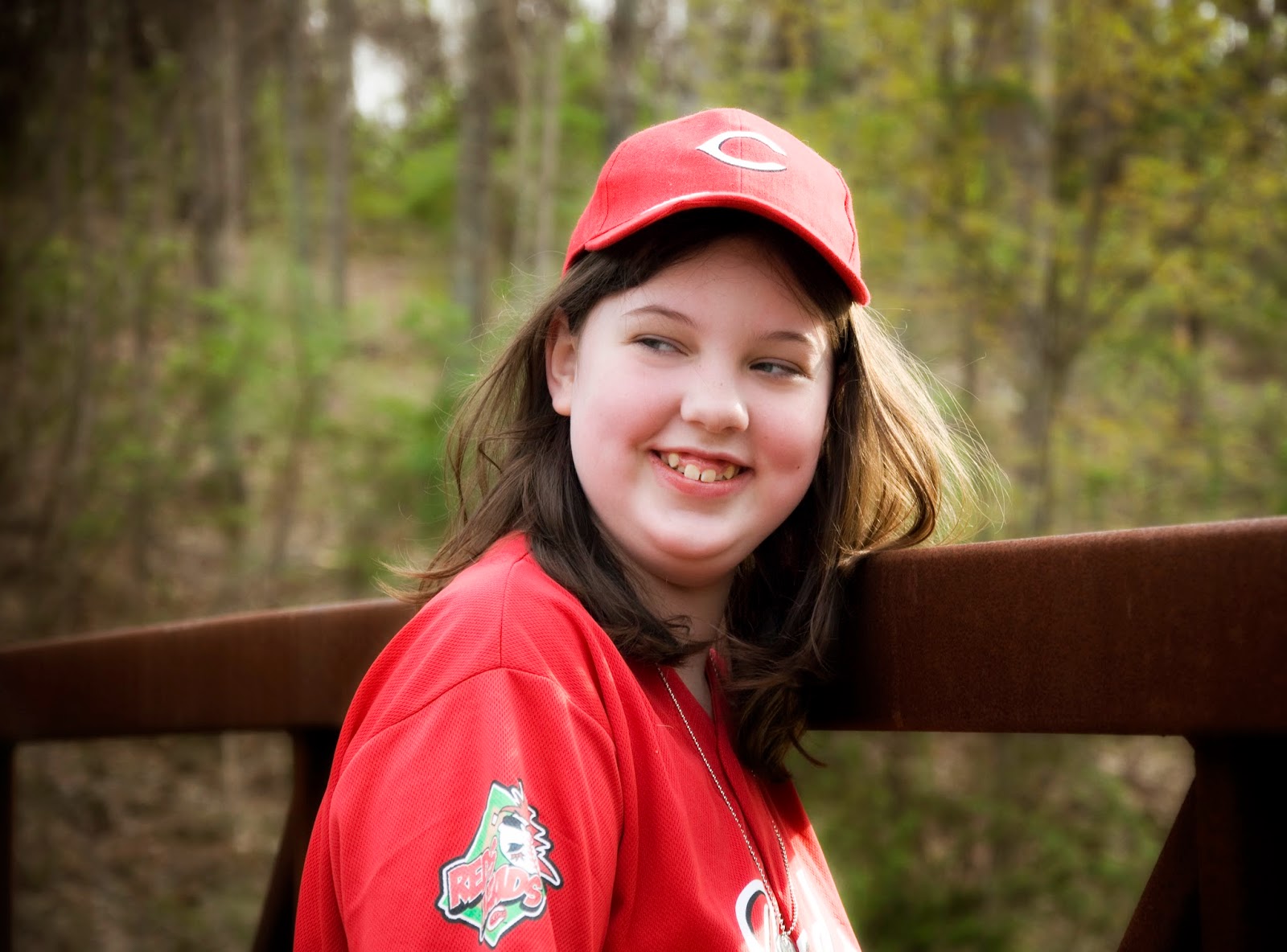I was going to write about research in autism, but that got me thinking about the great divide in the autism community. What is the great divide? I should correctly say, what isn't the great divide in the autism community? I have friends who vaccinate their children, and I have friends who choose not to vaccinate their children. I have friends whose children receive ABA therapy, and I have friends whose children utilize other forms of therapy and other programs. I have friends whose children are on a gluten-free and caseine-free diet, and I have friends whose children aren't on a particular diet.
What I don't understand is this: why can't we all just get along? What happened to respecting other's opinions when it doesn't agree with our own? Why can we not say how we feel without being personally attacked for saying so? When did it become ok to belittle someone for not going along with the crowd?
I have an extremely diverse group of family, friends, coworkers, and acquaintances. I know we don't all agree on every single subject. One thing I do know is that I respect their opinions and they respect mine. I'm hopeful that at some point in the future, the autism community can find the common respect and close the great divide that is so rampant now. I'm hopeful that everyone in the autism community can say how they feel without and resulting personal attacks.
Am I Pollyana? No, but I am an autism mom, and as such I must remain hopeful for a more peaceful future for my children. There is no other way.


